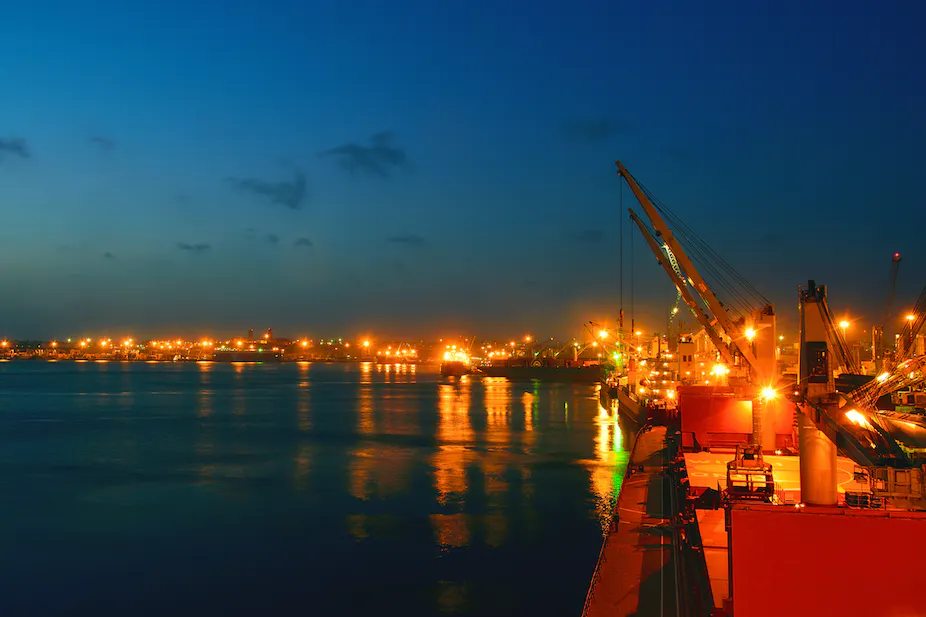Published: July 25, 2022 3.57pm SAST
The African Continental Free Trade Area came into operation on 1 January 2021. This is a considerable achievement. The free trade area is now the world’s single largest market for goods and services, when measured by number of countries, after the World Trade Organisation. It is also the largest in terms of geographic area and population size.
If implemented as foreseen by the agreement, the free trade area will unlock significant growth for the African continent. The World Bank has estimated that by 2035, trade between African countries could expand by 81%, boosting output by US$450 billion, raising wages by 10%, particularly benefiting women, and lifting 30 million people out of extreme poverty.
These expectations, based on research into the links between trade and economic growth, have generated excitement and political impetus around getting the free trade area working.
Less well understood, however, is the fact that for the agreement to fulfil its promises, the continent’s cities are key. They are hubs for production and consumption, and will become significantly more so. But their current set-up, lacking the necessary infrastructure and services, means most of Africa’s cities are not yet ready to benefit from and support the free trade area. This will require substantially greater investments in the continent’s cities.
This link between urbanisation and trade is analysed in the United Nations Economic Commission for Africa’s recently launched publication, Cities: Gateways for Africa‘s Regional Economic Integration.
What cities bring to the party
The importance of cities in unlocking the benefits of the free trade area is premised on three well established advantages of the economic density that cities can provide.
Firstly, firms, which are the primary vehicles for producing goods for export, prefer to be in cities. There, they are closer to a larger pool of labour and to each other. This proximity enables them to specialise but still have access to inputs for their production processes from other firms. They can also learn from each other, which spurs innovation.
Secondly, cities are the physical locations from which most trade takes place. Cities provide the main transport links, including road junctions, ports and airports.
Think of the Port of Mombasa, which serves not only Kenya, but also Burundi, the Democratic Republic of Congo, Ethiopia, Rwanda, Somalia, South Sudan, Tanzania and Uganda. It is also difficult to think of a major city that is not served by an airport.
Cities also provide their own internal markets. Rapid urbanisation, with an estimated 900 million people set to enter African cities in the next 30 years, creates a large upcoming consumer pool. This is the third advantage of density.
Particularly in the African context, it is not only the number of consumers that will make the difference. As evidence shows, when people move to cities, their diets change as well. For example, there is a greater demand for goods with higher value addition, such as refined grains and processed foods. This is an opportunity for Africa’s farmers to gain, too, as this value addition will fetch a higher price.
Not yet fit for purpose
Substantial investments in infrastructure are needed for cities to be able to unlock the benefits of the free trade area.
Most notable is the paucity of paved roads. Currently only an estimated 800,000km out of 2.8 million km of the continent’s roads are paved. This statistic is critical because an estimated 80%-90% of African trade takes place by road. This raises the costs of African trade. For example, while it costs about US$2,000 to ship a container from China to the port in Beira, Mozambique, it costs more than double that amount, namely US$5000, to move it 500km further inland to Malawi.
This lack of infrastructure is a hindrance in cities too. In particular, according to the UN Economic Commission for Africa report, the cities that should drive the largest portion of trade and reap relatively larger benefits from the free trade agreement’s provisions are small to medium size ones, especially those located close to borders.
These are also the cities that have had comparatively less investment to date. Without basic infrastructure, they will not attract firms – the drivers of production, value addition and export.
Whatever happens in implementing the free trade area, rapid urbanisation will continue across Africa. Consumption preferences of the continent’s population will shift. If African firms can’t meet these demands, imports from other regions of the world will do so.
Under this scenario, other countries will disproportionately gain from Africa’s new urban consumer population.
Investing in cities
The current political support for the free trade agreement is significant, with all but one African country having signed the deal and 43 countries already having ratified it. Harnessing the combined effect of trade and urbanisation could positively transform the African continent’s economy.
This will require not only the signing of policies but their implementation.
To date, only Egypt, Ghana and South Africa have readjusted their national regimes to implement the customs rules under the agreement. Well-managed urbanisation is still not a primary policy focus in many countries. The result is that populations are settling in cities quicker than planning and investments are happening. Rather than benefiting from well-managed density, major African cities are characterised by the proliferation of slums and congestion. On top of this, substandard infrastructure is deterring large firms.
Each of these challenges has its own host of policy reforms, programmes and actions that need to be taken. But to unleash the combined benefits of trade and urbanisation, it will be important to build on the political momentum that the free trade agreement has set in motion. This will ensure that national legislation is centred on the agreement’s impacts on cities, and on the needs of cities.
Similarly, in planning for urbanisation, particularly intermediary and border towns, investments should focus on unleashing their comparative advantages in relation to the free trade agreement.
Credit(“The Conversation”)




